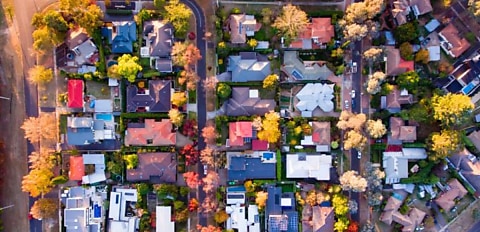In the three months to 30 September 2022, Chinese residents acquired $1 billion of residential property. A further $600 million was spent over the following three months.
The latest quarterly figures released by Treasury this week showed the average processing time for foreign real estate investment has remained stable at six days, which is consistent with the previous quarter.
When you include the city of Hong Kong in the Chinese total, Chinese investment this quarter accounted for $700 million of Australian residential property.
After China, the next largest investors were Vietnam, Singapore, and the UK, each of which invested $100 million in residential real estate.
“At this rate, China will invest an estimated $3.2 billion in Australian residential real estate this year, which would be up from $2.4 billion in 2021–22. With the inclusion of Hong Kong, China would invest $3.8 billion, which would be up from $3 billion last year,” said Juwai IQI co-founder and group managing director, Daniel Ho.
He noted that in 2022 and so far this year, Australia is the most popular country for Chinese home buyers, for the first time ever, according to Juwai IQI Chinese buyer inquiries.
“In January, Chinese buyer inquiries for Australian real estate surged by 24 per cent compared to December, due to the announcement that borders would be reopening,” Mr Ho said.
Real estate agent Fiona Yang sold $50 million of residential property in 2022 and is executive partner at Plus Agency, a project marketing agency with offices in Chatswood and Shanghai.
“We have five times more Chinese buyers than before, and they want to buy quickly,” Ms Yang said.
“The pandemic-related uncertainty is past, the closed borders are open, rents are hot, and these buyers are fed up with three years of lockdown. They are committed to Australia. They are ready to make quick decisions on real estate.”
Ms Yang said that ‘satellite families’ have decided to stop splitting themselves between countries and are moving to Australia permanently.
“Before the pandemic, satellite families were widespread. One parent and the children would live in Australia. While the children went to school, the other parent would be back in China, working to pay the bills,” she said.
“Rents are very high, so these families want to get into their own homes as quickly as possible. The hot rental market gives them confidence in their purchases.”
[Related: International borrowers wary of Aussie rate rises]
